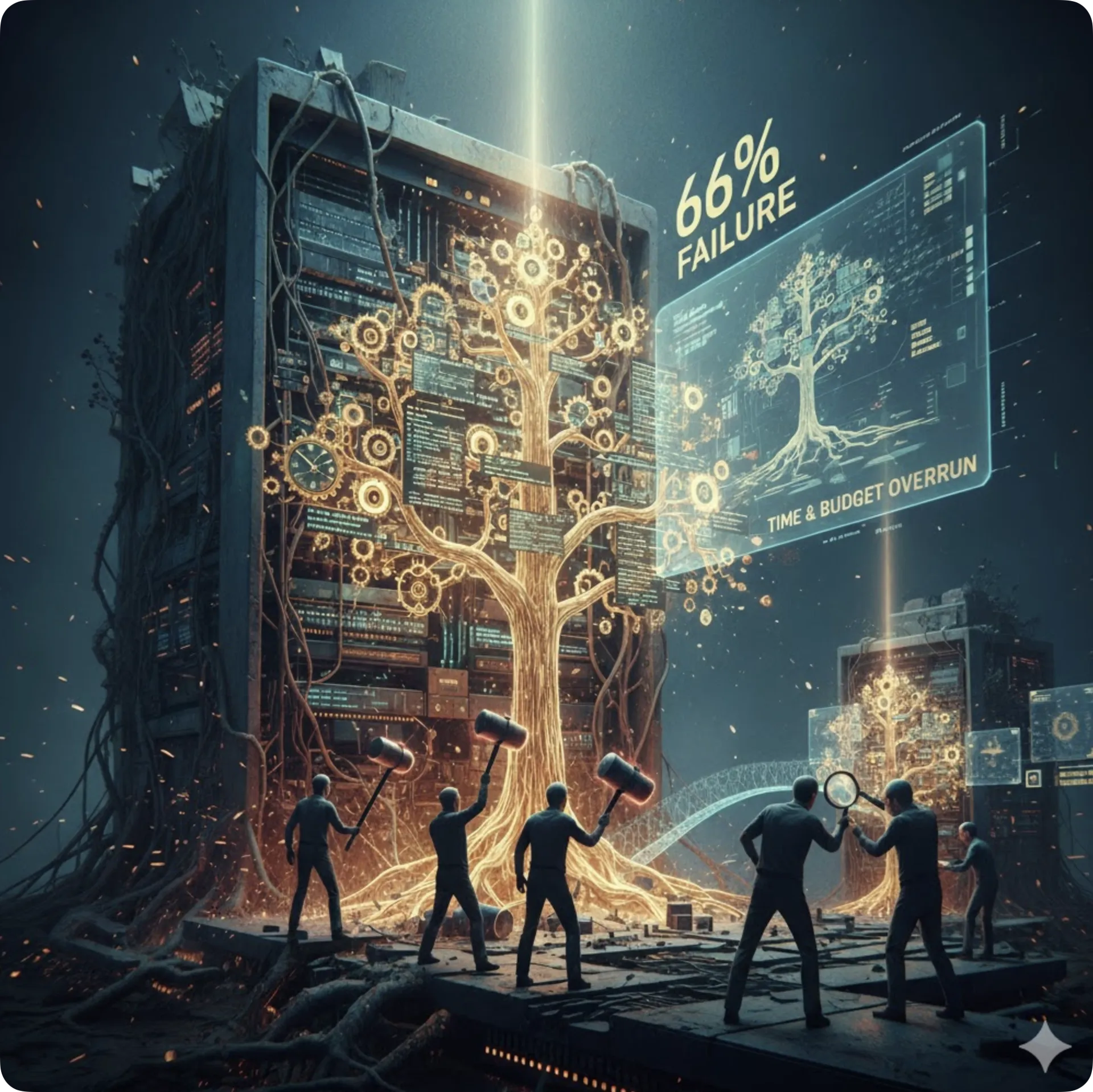Strategic Operating Knowledge: The Constant Source Of Value
In the Information Technology sector, chaos isn't an aberration; it's the operating system. Discover why Strategic Operating Knowledge is the constant that anchors sound IT strategy when everything else is in flux. The pursuit of technological innovation has been a human characteristic for thousa...





